18 Best Alcohol and Drug Rehabs in Baton Rouge, LA 2025
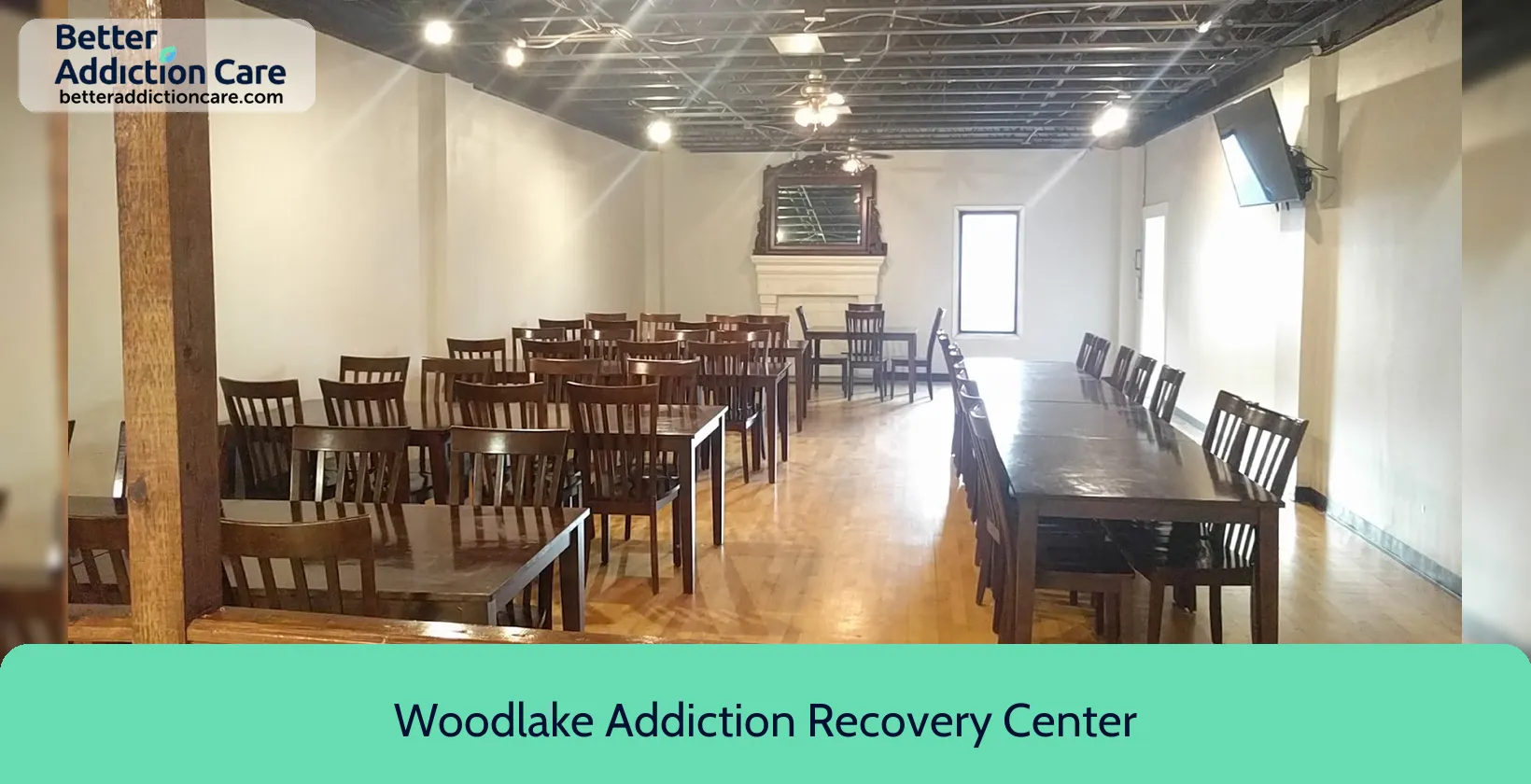
7.11

7.83
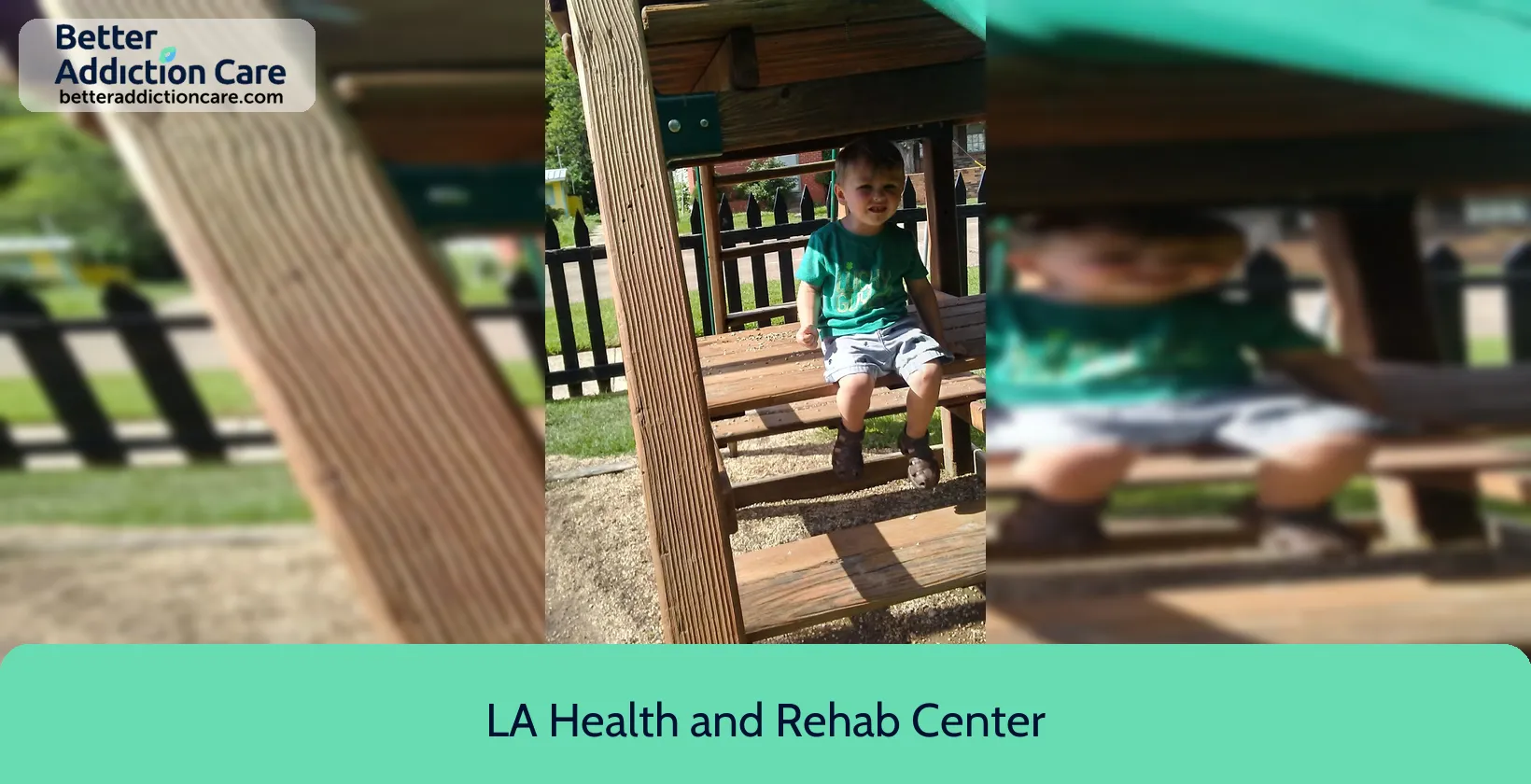
6.88
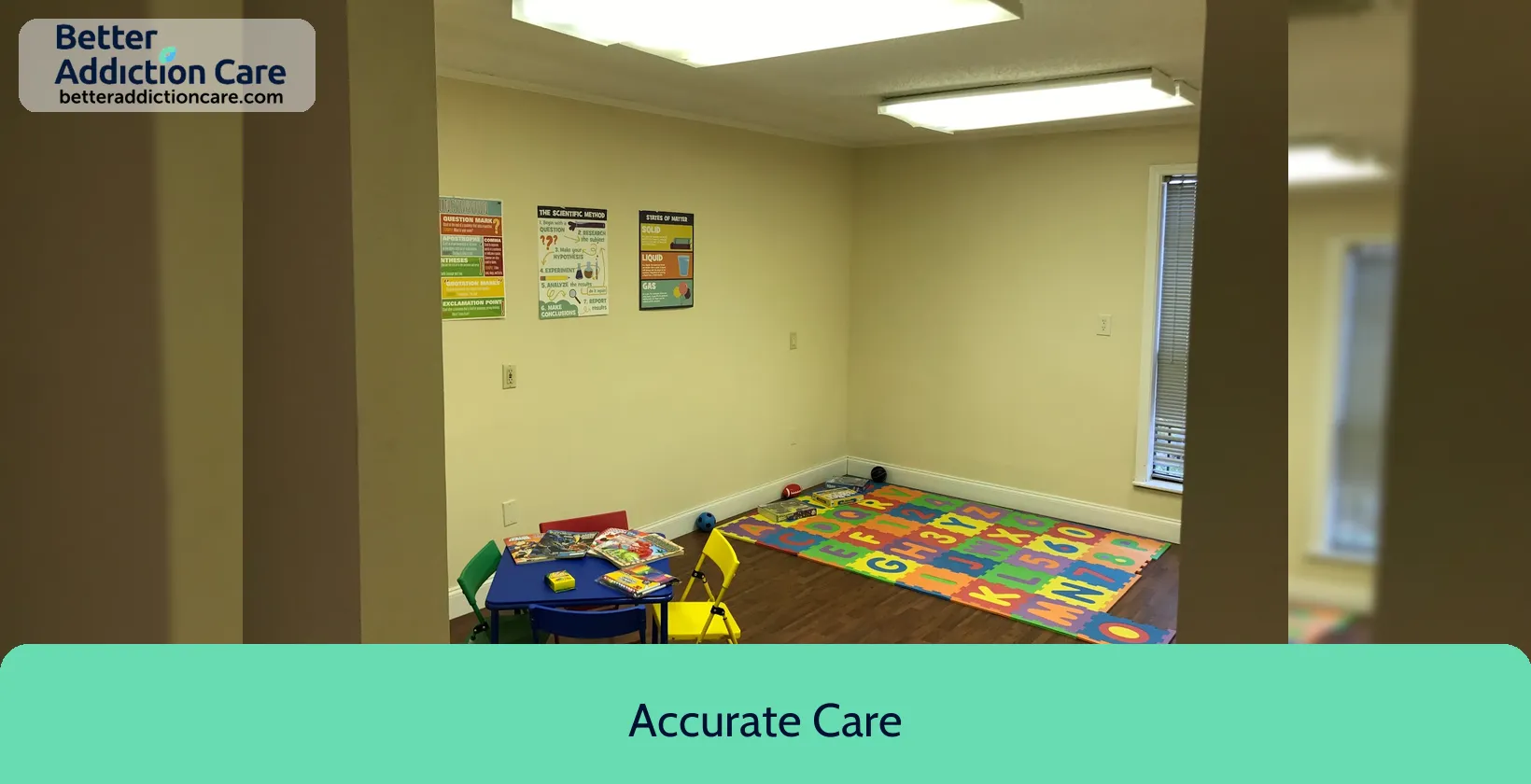
7.16
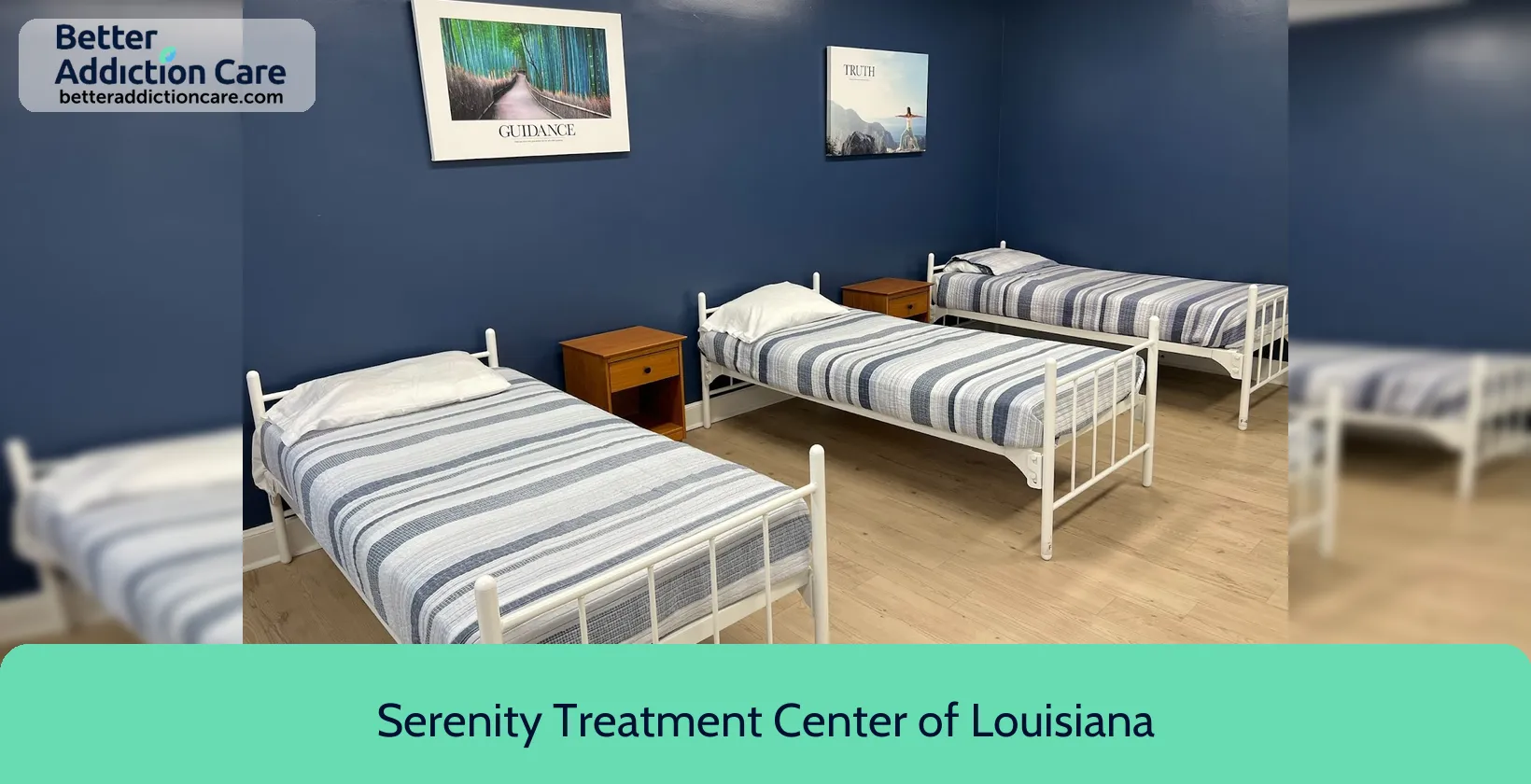
6.77
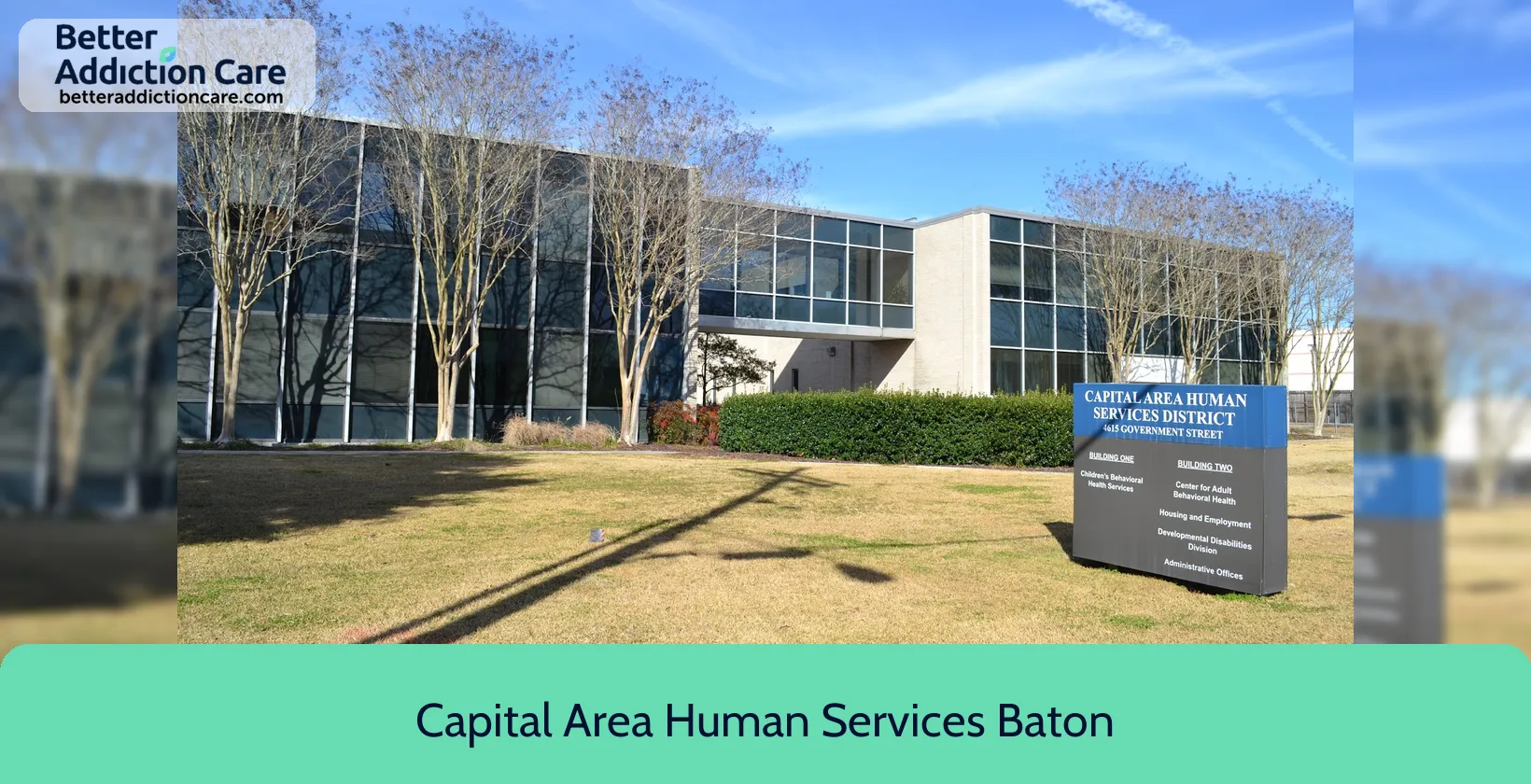
7.35
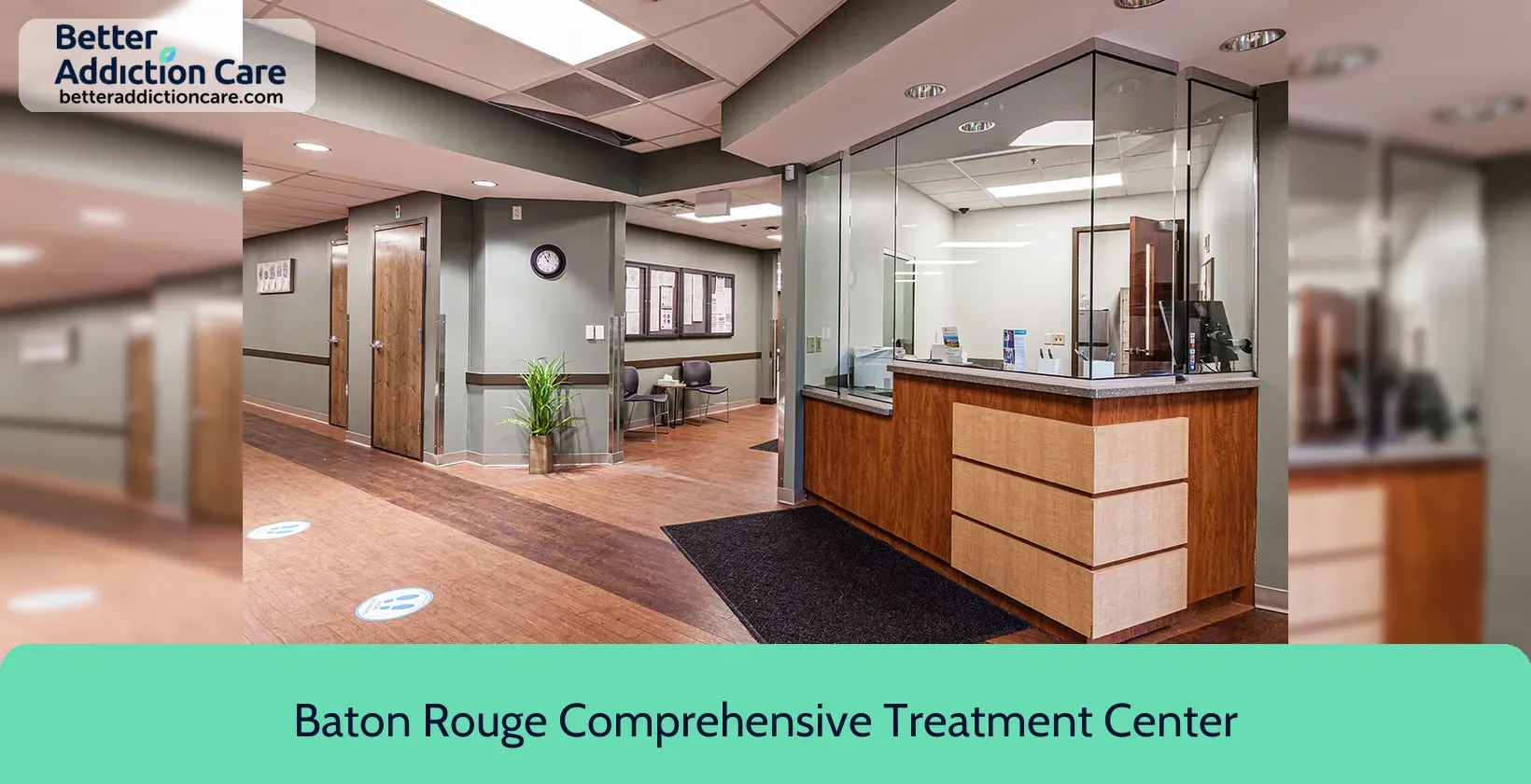
7.10
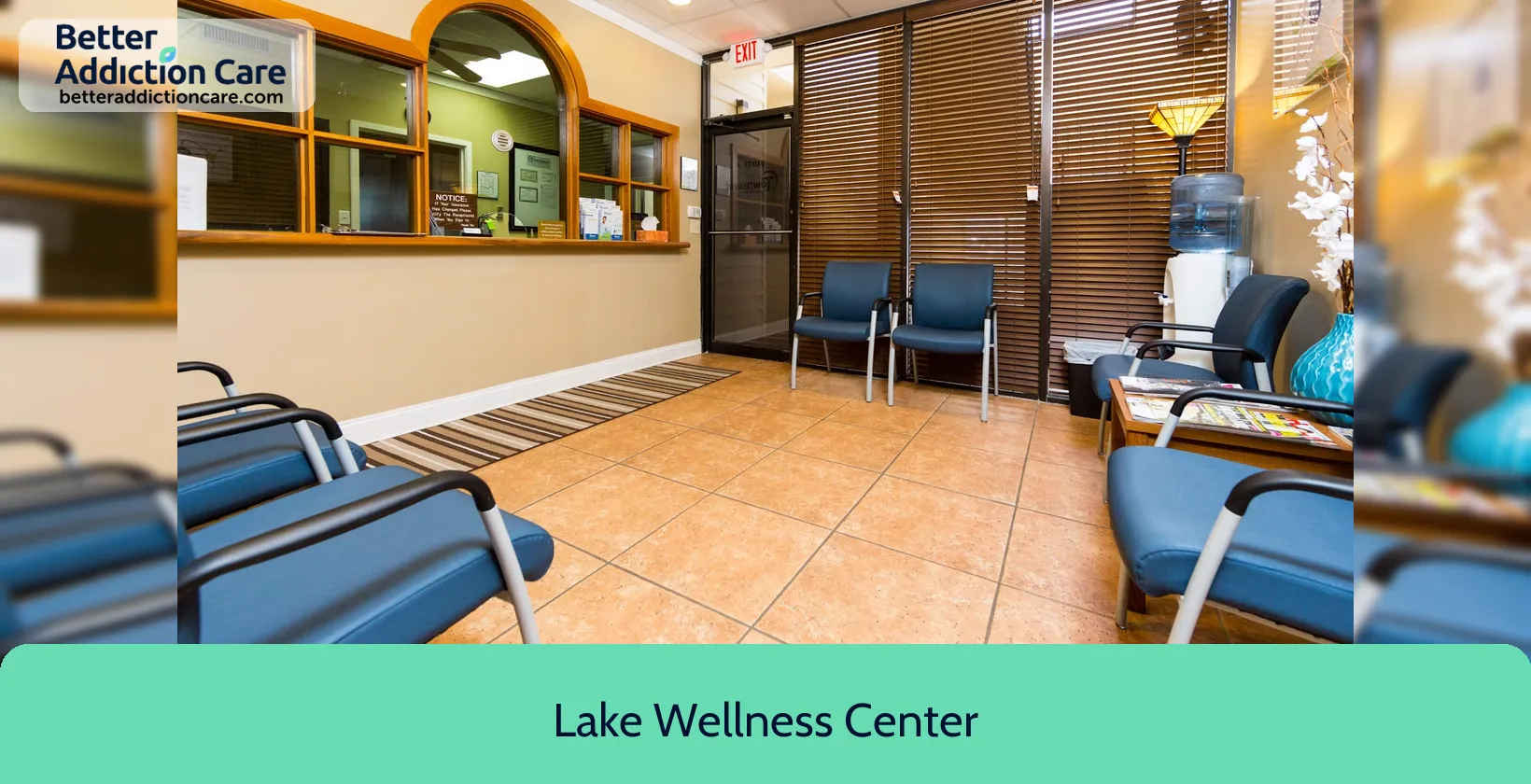
7.39
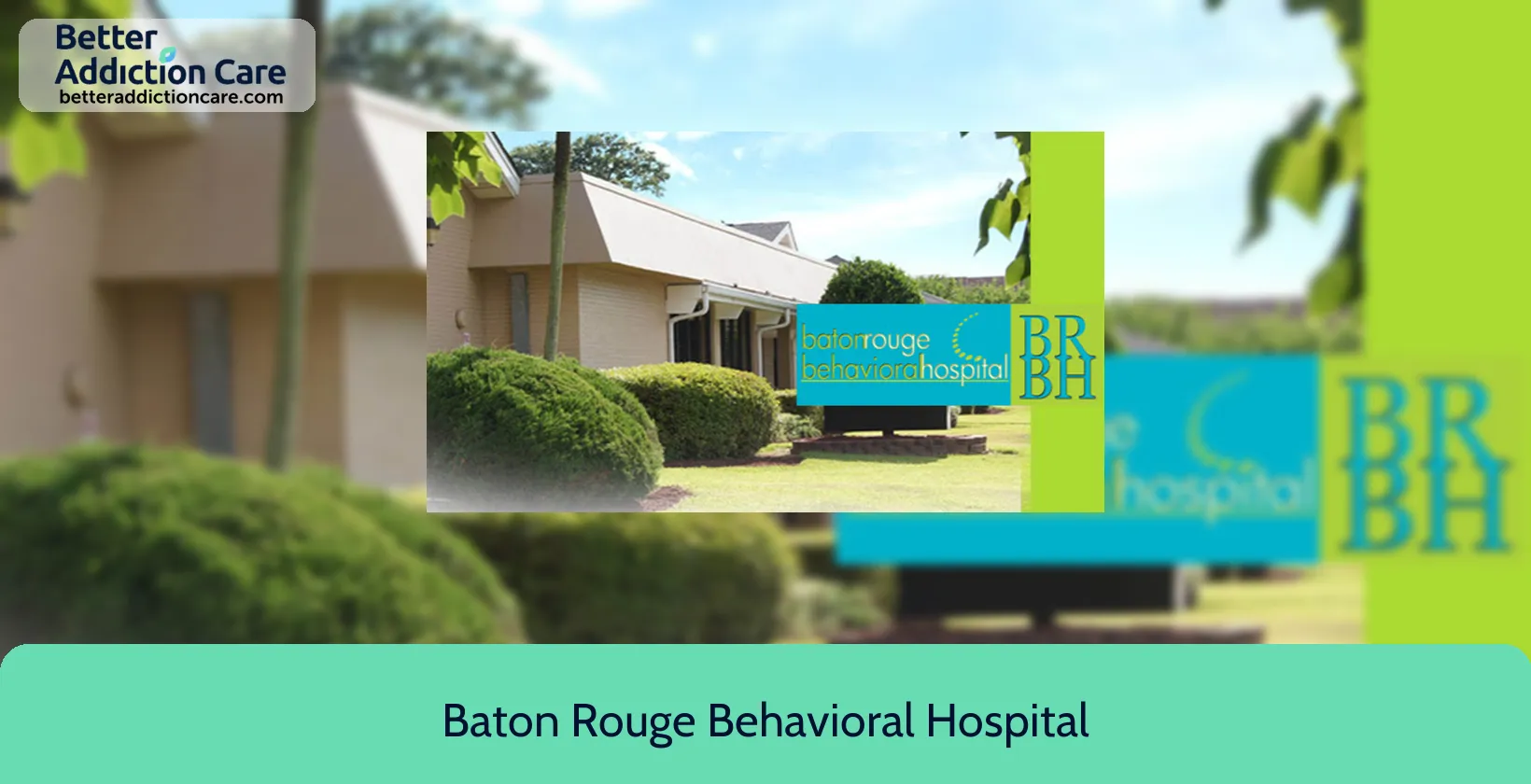
7.34

6.83

6.74

6.56

6.68

6.65

6.97

7.42

6.74

6.99
Local Rehabs in Louisiana
Common Questions About Rehab in Baton Rouge
Take a look at our FAQ. We've tried to fill it with all the answers you're looking for. And if not, contact us on (888) 349-0436.


